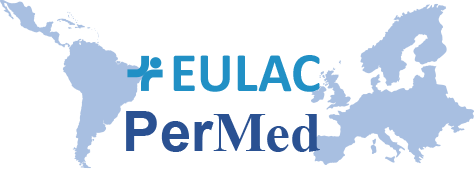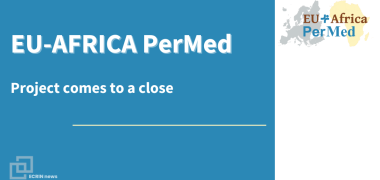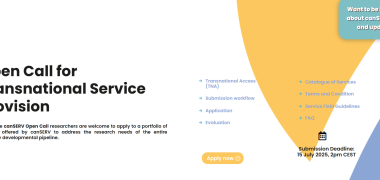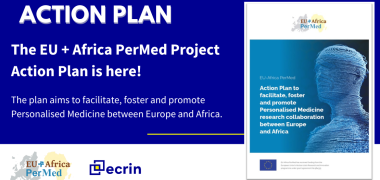EULAC PerMed hosts virtual technical workshop and summer school
Ethical, Legal and Social  Aspects (ELSA) of Personalised Medicine (PM) were the focus of the recent EULAC PerMed technical workshop and summer school both held virtually in November 2020.
Aspects (ELSA) of Personalised Medicine (PM) were the focus of the recent EULAC PerMed technical workshop and summer school both held virtually in November 2020.
The second Technical Workshop co-organized by the Chief Scientist Office of the Ministry of Health of Israel and the Research and Development Agency of Chile (ANID), brought participants from 13 nations together to identify recommendations for future bi-regional collaborations in the field of PM.
The speakers covered the following topics: informed consent and liability, privacy and confidentiality in clinical care, equal access to personalised care, access to existing data research, how to translate PM from research to clinical care and the ELSA implications of this process, and the ethical, social and legal aspects related to multinational collaborations in clinical research. The results of the workshop are currently being transformed into a policy brief that will be made available on the EULAC PerMed website.
The 3rd EULAC PerMed Summer School organized by the Italian Ministry of Health with the support of APRE (the Agency for the Promotion of European Research) and the contribution of the EULAC PerMed Consortium, sought to support the creation of a research network between EU & LAC countries and contribute to improving the multidisciplinary approach in the PM research field.
The 75 participants represented 19 countries (Argentina, Brazil, Chile, Colombia, Mexico, Panama Peru, Uruguay and Venezuela from LAC region) as the virtual format facilitated their access to the three-day event. The first day started with a presentation of the LAC perspective on capacity, consent, and vulnerability of PM research. Some of the other topics covered the applicability of the European regulations on data protection (GDPR), social and ethical aspects of Artificial Intelligence (AI), a short introduction of the ERA PerMed, and a practical case on the ethical and legal challenges of CRISPR–Cas9 under the aspect of genetic engineering, clinical applications and gene therapy.
As a final remark, three issues were pointed out as key aspects to support the implementation of PM research: connecting countries healthcare reality with policy, bringing together health and innovation policy and aligning international and national incentives and priorities. This event will be accessible through the EULAC PerMed website, as well as selected slide sets and videos of the presentations made during the three days.





